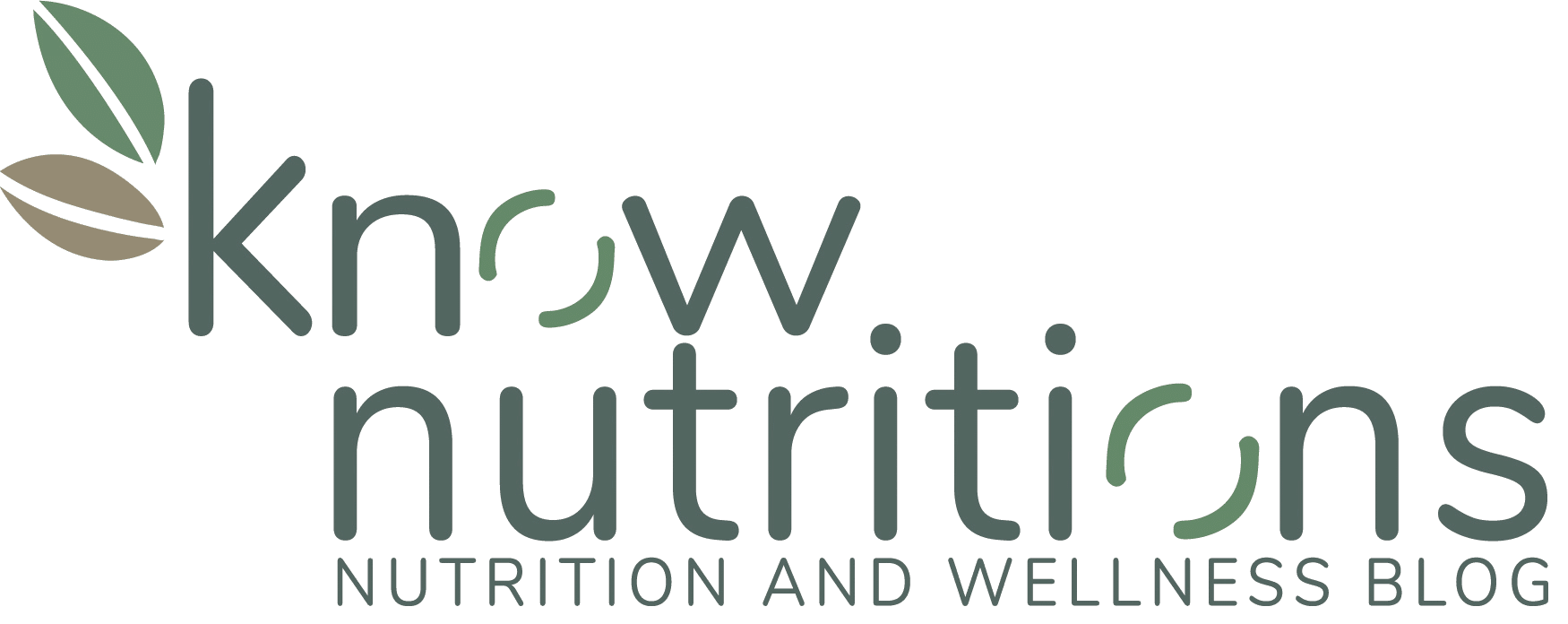When it comes to strength training, the right nutrition is just as important as the workouts themselves. The foods you consume can significantly impact your performance, recovery, and muscle growth. In this article, we will explore the best foods for strength training, focusing on their nutritional benefits and how they can help you achieve your fitness goals.
Table of Contents
- Understanding the Importance of Foods for Strength Training
- Chicken Breast: A Staple Food for Strength Training
- Eggs: Versatile Foods for Strength Training
- Greek Yogurt: Dairy Foods for Strength Training
- Quinoa: A Complete Protein Food for Strength Training
- Tuna: Seafood Foods for Strength Training
- Soybeans: Plant-Based Foods for Strength Training
- Cottage Cheese: Dairy Foods for Strength Training
- Spinach: Leafy Greens as Foods for Strength Training
- Table of Nutritional Values
- The Role of Carbohydrates in Foods for Strength Training
- Why Carbohydrates Matter for Strength Training
- Carbohydrate-Rich Foods for Strength Training
- Timing Your Carbohydrate Intake
- Healthy Fats as Foods for Strength Training
- Parting Shot on Foods for Strength Training
- FAQs
Understanding the Importance of Foods for Strength Training
Nutrition plays a crucial role in any strength training program. The right balance of macronutrients—proteins, carbohydrates, and fats—can enhance your workouts and support muscle recovery.
- Proteins are essential for muscle repair and growth.
- Carbohydrates provide the energy needed for intense workouts.
- Fats support overall health and hormone production.
By incorporating these best foods for strength training into your diet, you can ensure that your body has the nutrients it needs to perform at its best.
Chicken Breast: A Staple Food for Strength Training
Chicken breast is often regarded as one of the best foods for strength training due to its high protein content. A 3-ounce serving contains about 26 grams of protein with minimal fat, making it an ideal choice for those looking to build lean muscle mass.
Nutritional Benefits of Chicken Breast
- High in Protein: Essential for muscle repair and growth.
- Low in Fat: Helps maintain a lean physique.
- Rich in B Vitamins: Supports energy metabolism during workouts.
Eggs: Versatile Foods for Strength Training
Eggs are another excellent source of protein, containing about 6 grams per large egg. They also provide essential nutrients like vitamin D and choline, which play a role in muscle function and overall health.
Nutritional Benefits of Eggs
- Complete Protein Source: Contains all essential amino acids.
- Rich in Vitamins: Supports various bodily functions.
- Versatile Food: This can be prepared in numerous ways.
Greek Yogurt: Dairy Foods for Strength Training
Greek yoghurt is packed with protein—about 17 grams per 6-ounce serving—and contains probiotics that promote gut health. Its combination of fast- and slow-digesting proteins makes it perfect for post-workout recovery.
Nutritional Benefits of Greek Yogurt
- High Protein Content: Aids in muscle recovery.
- Probiotics: Supports digestive health.
- Calcium-Rich: Important for bone health.
Quinoa: A Complete Protein Food for Strength Training
Quinoa is a unique grain that offers a complete protein profile, containing all nine essential amino acids. With about 8 grams of protein per cup, it’s an excellent carbohydrate source that supports energy levels during workouts.
Nutritional Benefits of Quinoa
- Complete Protein Source: Ideal for vegetarians and vegans.
- High in Fiber: It Aids digestion and keeps you full.
- Rich in Minerals: Contains magnesium, iron, and B vitamins.
Tuna: Seafood Foods for Strength Training
Tuna is not only high in protein (about 20 grams per 3-ounce serving) but also provides omega-3 fatty acids that are known to reduce inflammation and support muscle health.
Nutritional Benefits of Tuna
- High Protein Content: Supports muscle repair.
- Omega-3 Fatty Acids: Beneficial for heart health.
- Low in Calories: Great for maintaining a healthy weight.
Soybeans: Plant-Based Foods for Strength Training
Soybeans are an excellent source of plant-based protein, offering about 16 grams per half-cup cooked. They are also rich in healthy fats and contain several vitamins and minerals crucial for muscle function.
Nutritional Benefits of Soybeans
- High Protein Content: Supports muscle growth.
- Rich in Healthy Fats: Good for heart health.
- Contains Iron: Important for oxygen transport in the blood.
Cottage Cheese: Dairy Foods for Strength Training
Cottage cheese is another dairy product rich in casein protein, which digests slowly and provides a steady release of amino acids. One cup contains around 28 grams of protein, making it an excellent nighttime snack for muscle recovery.
Nutritional Benefits of Cottage Cheese
- Slow-Digesting Protein: Ideal for overnight recovery.
- Calcium-rich: Supports bone health.
- Low-Fat Options Available: Suitable for various diets.
Spinach: Leafy Greens as Foods for Strength Training
Spinach is not only low in calories but also packed with nutrients that support muscle function, including iron and nitrates that enhance blood flow during workouts.
Nutritional Benefits of Spinach
- High in Vitamins A and K: Supports overall health.
- Contains Nitrates: May improve exercise performance.
- Rich in Antioxidants: Helps reduce exercise-induced oxidative stress.
Table of Nutritional Values
| Food Item | Serving Size | Protein (g) | Carbohydrates (g) | Fats (g) | Calories |
| Chicken Breast | 3 oz | 26 | 0 | 2 | 140 |
| Eggs | 1 large | 6 | 0 | 5 | 70 |
| Greek Yogurt | 6 oz | 17 | 6 | 0 | 100 |
| Quinoa | 1 cup | 8 | 39 | 4 | 222 |
| Tuna | 3 oz | 20 | 0 | 1 | 90 |
| Soybeans | .5 cup | 16 | 14 | 8 | 180 |
| Cottage Cheese | 1 cup | 28 | 6 | 6 | 206 |
| Spinach | .5 cup | 3 | 1 | <1 | 4 |
The Role of Carbohydrates in Foods for Strength Training
While proteins are essential for muscle building, the role of carbohydrates in foods for strength training is equally crucial. Carbohydrates provide the energy required to fuel your workouts effectively, enhance performance, and support recovery. Understanding how carbohydrates function in your diet can help you optimize your strength training regimen.

Why Carbohydrates Matter for Strength Training
Carbohydrates are the body’s primary source of energy, especially during high-intensity exercise. When you engage in strength training, your body relies on stored carbohydrates in the form of glycogen, which is found in your muscles and liver. Here’s why carbohydrates are vital:
Energy Production:
Carbohydrates break down into glucose, which is used by your muscles as fuel during workouts. Without sufficient carbohydrates, your body may turn to protein for energy, leading to muscle breakdown.
Glycogen Stores:
Adequate carbohydrate intake helps replenish glycogen stores after workouts, which is critical for recovery and performance in subsequent training sessions.
Insulin Response:
Consuming carbohydrates stimulates the release of insulin, a hormone that helps transport glucose and amino acids into muscle cells, promoting muscle growth and recovery.
Protein Sparing:
By providing energy through carbohydrates, your body can spare protein for muscle repair and growth rather than using it as an energy source.
Enhanced Performance:
Research indicates that higher carbohydrate intake can improve performance during strength training sessions, particularly those involving high volume and intensity.
Carbohydrate-Rich Foods for Strength Training
To maximize the benefits of carbohydrates in your diet, it’s essential to include a variety of carbohydrate-rich foods. Below are some excellent options that complement your strength training diet:
Brown Rice
Brown rice is a whole grain that provides complex carbohydrates necessary for sustained energy during workouts. A cup of cooked brown rice contains about 45 grams of carbohydrates, making it an excellent choice post-workout to replenish glycogen stores.
Nutritional Benefits of Brown Rice
- Complex Carbohydrates: Provides sustained energy.
- High in Fiber: Aids digestion and promotes fullness.
- Rich in B Vitamins: Supports energy metabolism.
Sweet Potatoes
Sweet potatoes are another great source of complex carbohydrates, providing about 27 grams per medium-sized potato. They are also rich in vitamins A and C, which support immune function and overall health.
Nutritional Benefits of Sweet Potatoes
- Complex Carbohydrates: Ideal for energy replenishment.
- High in Antioxidants: Supports overall health.
- Versatile Food Option: This can be prepared in various ways.
Oats
Oats are an excellent source of fibre and complex carbohydrates, providing about 27 grams per cup when cooked. They help keep you full longer and provide steady energy throughout your workout.
Nutritional Benefits of Oats
- Complex Carbohydrates: Provides sustained energy release.
- High Fiber Content: Promotes digestive health.
- Rich in Antioxidants: Supports overall wellness.
Timing Your Carbohydrate Intake
To maximize the benefits of carbohydrates in foods for strength training, timing is crucial. Consuming the right amount at the right time can enhance performance and recovery:
Before Workouts:
Eating a meal rich in carbohydrates 1-2 hours before your workout can provide the necessary energy to perform at your best. Options include oatmeal with fruit or whole-grain toast with nut butter.
During Workouts:
For extended sessions (over an hour), consider consuming quick-digesting carbohydrates like sports drinks or gels to maintain energy levels.
After Workouts:
Post-workout meals should include both carbohydrates and protein to replenish glycogen stores and support muscle repair. Foods like a protein smoothie with banana or chicken with brown rice work well.
Healthy Fats as Foods for Strength Training
In addition to carbohydrates, healthy fats play a vital role in a well-rounded diet for strength training. They support hormone production and overall health while providing a concentrated source of energy. Here are some healthy fat sources to include:
Nuts
Nuts such as almonds, walnuts, and cashews are nutrient-dense foods that provide healthy fats along with protein. For example, one ounce of almonds contains about 6 grams of protein and 14 grams of fat.
Nutritional Benefits of Nuts
- Healthy Fats: Support heart health.
- High in Protein: Contributes to muscle repair.
- Rich in Fiber: Promotes satiety.
Avocado
Avocado is packed with monounsaturated fats that are beneficial for heart health. One medium avocado contains about 15 grams of healthy fats along with fiber and potassium.
Nutritional Benefits of Avocado
- Healthy Fats: Supports cardiovascular health.
- High Fiber Content: Aids digestion and promotes fullness.
- Rich in Potassium: Important for muscle function.
Olive Oil
Olive oil is another great source of healthy fats, particularly monounsaturated fats. It can be used as a dressing or cooking oil to enhance the flavour and nutritional value of meals.
Nutritional Benefits of Olive Oil
- Healthy Fats: Beneficial for heart health.
- Antioxidants: May reduce inflammation.
- Versatile Cooking Ingredient: Enhances flavour without added sugars or unhealthy fats.
Parting Shot on Foods for Strength Training
Incorporating the best foods for strength training into your diet is essential for maximizing results from your workouts. Foods like chicken breast, eggs, Greek yoghurt, quinoa, tuna, soybeans, cottage cheese, spinach, brown rice, sweet potatoes, oats, nuts, avocados, and olive oil provide the necessary nutrients to fuel your body effectively. By focusing on a balanced intake while staying hydrated, you can enhance your performance and achieve your fitness goals more efficiently. Remember that nutrition is just as important as the workouts themselves; prioritize it to see significant improvements in your strength training journey!
FAQs
What should I eat before strength training?
A balanced meal containing both carbohydrates and protein about an hour before your workout is ideal. Foods like oatmeal with Greek yoghurt or a banana with peanut butter can provide the necessary energy boost without weighing you down.
How much protein do I need when strength training?
The general recommendation is to consume about 1.2 to 2.0 grams of protein per kilogram of body weight daily if you are actively strength training. This helps support muscle repair and growth effectively.
Can I build muscle on a vegetarian diet?
Absolutely! Many vegetarian foods are high in protein such as legumes (like lentils and chickpeas), dairy products (like cottage cheese), and whole grains (like quinoa). Combining these foods can help meet your protein needs effectively.
Should I take supplements if I eat enough protein?
While whole foods should be your primary source of nutrition, supplements like whey or plant-based protein powders can be beneficial if you struggle to meet your daily intake through food alone or need a quick post-workout option.
How often should I eat when strength training?
Eating every three to four hours can help maintain energy levels and support muscle recovery. Focus on balanced meals that include proteins, carbohydrates, and healthy fats throughout the day to optimize performance.










